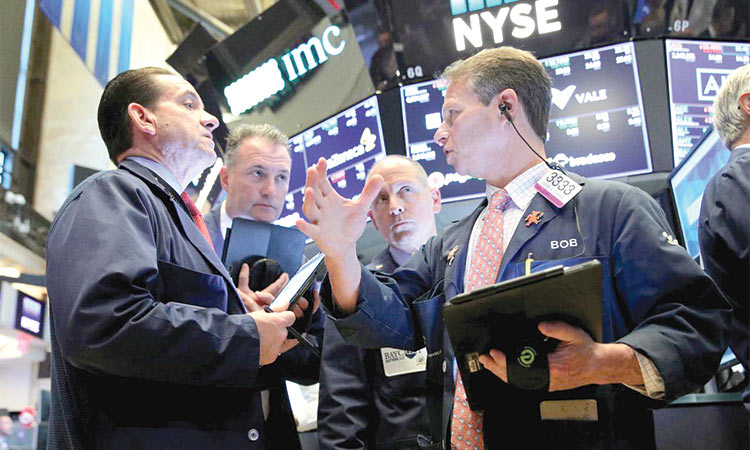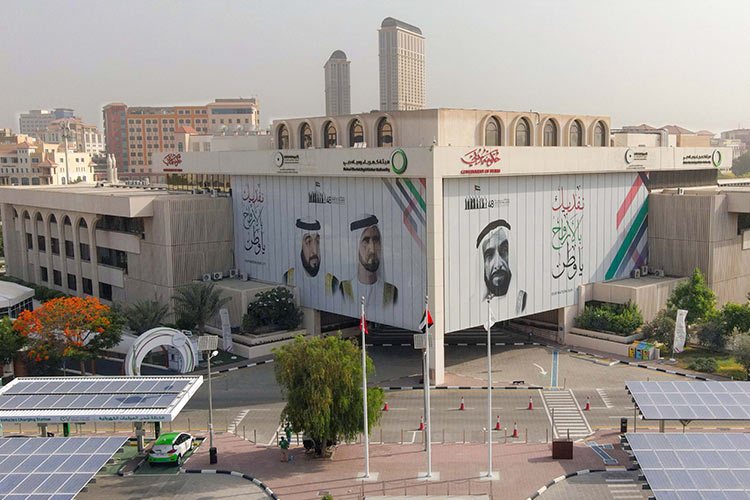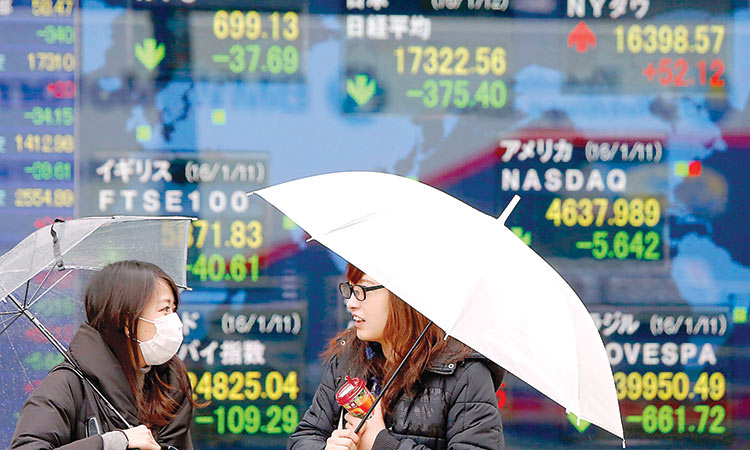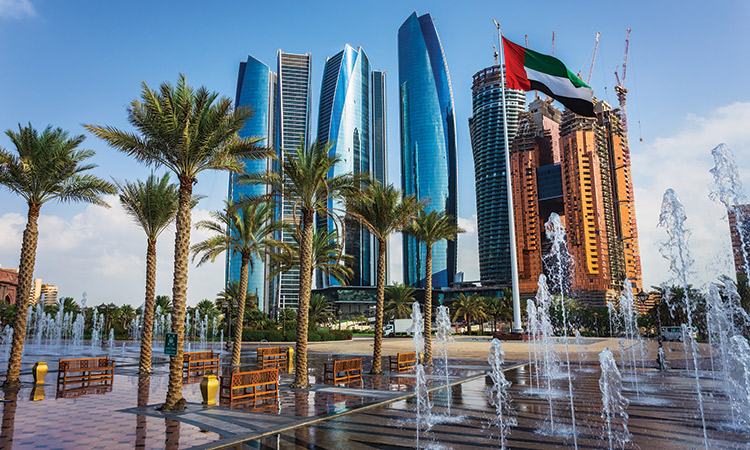Investors flock to Aramco record share sale

Picture used for illustrative purposes.
The banks on the deal will take institutional orders through Thursday and will price the shares the following day, with trading expected to start next Sunday on Riyadh’s Saudi Exchange.
The offering will be a gauge of Riyadh’s appeal to foreign investors, a key plank of the kingdom’s plan to overhaul its economy. Foreign direct investment has repeatedly missed its targets.
The sovereign wealth fund, the Public Investment Fund (PIF), the preferred vehicle driving the mammoth agenda that has poured tens of billions of dollars into everything from sports to futuristic desert cities, is likely to be a beneficiary of the funds, analysts and sources have said.
Aramco’s shares closed about 2% lower on Sunday at 28.45 riyals ($7.53).
Saudi Arabia is offering investors about 1.545 billion Aramco shares, or 0.64%, at 26.7 to 29 riyals, or just under $12 billion at the top end of the range.
“Books are covered on the full deal size within the price range,” meaning indicated demand exceeded the deal size, one of the banks on the deal said in an update to investors reviewed by Reuters.
The banks can increase the offering by a further roughly $1 billion. If all the shares are sold, the Saudi government will be cutting its stake in the world’s top oil exporter by 0.7%.
The world’s top investment banks are helping to manage the sale - Citi, Goldman Sachs, HSBC, JPMorgan, Bank of America and Morgan Stanley - along with local firms Saudi National Bank, Al Rajhi Capital, Riyad Capital and Saudi Fransi.
M. Klein and Company and Moelis are independent financial advisers for the deal.
UBS Group’s Credit Suisse Saudi Arabia unit alongside BNP Paribas, Bank of China International and China International Capital Corporation are also helping to seek buyers for the shares, according to a stock exchange filing on Sunday.
About 10% of the new offering will be reserved for retail investors, subject to demand.
The deal kicked off on the same day the Opec+ group of oil producers met, agreeing to extend most of its deep oil output cuts well into 2025, as the group seeks to shore up the market amid tepid global demand growth, high interest rates and rising rival US production. Some Opec+ ministers met in Riyadh, while others joined meetings online.
The Saudi government directly holds just over 82% of Aramco. PIF owns 16% - 12% directly and 4% through subsidiary Sanabil, with the remainder held by public investors.
The firm last Thursday disclosed plans to sell 1.545 billion shares on the Saudi stock market, priced between 26.70 and 29 Saudi riyals ($7 to $7.70).
Sunday marked the beginning of the book-building period for investors inside and outside the kingdom, Aramco said in a statement, allowing officials to gauge demand.
Meetings with institutional investors were set to run through Thursday while about 10 percent of the shares would be offered to retail investors from Monday, the statement said.
The final offer price will be announced on Friday and the shares will begin trading on Sunday, it said. It is the firm’s second listing after an initial public offering in December 2019 that raised $25.6 billion, the biggest flotation in history.
Saudi Arabia is the world’s largest crude oil exporter and currently owns 82.18 percent of Aramco’s shares, though that amount will fall to around 81.5 percent after the second share sale, Sunday’s statement said.
Oil prices trade near $80 per barrel, below what many OPEC+ members need to balance their budget. Worries over slow demand growth in top oil importer China have weighed on prices alongside rising oil stocks in developed economies.
The Organization of the Petroleum Exporting Countries and allies led by Russia, together known as OPEC+, have made a series of deep output cuts since late 2022.
Reuters







